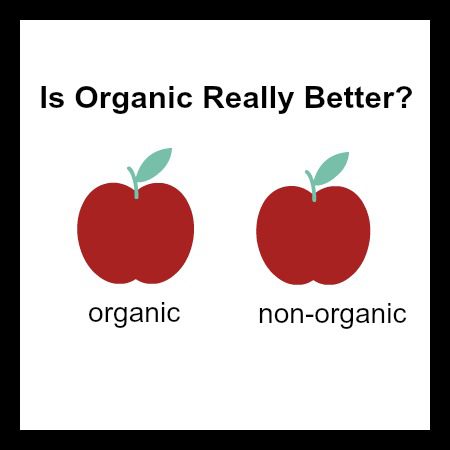Introduction
The debate on shopping organically has taken center stage in today’s grocery aisles, as consumers become increasingly conscious of their health and the environment. With a growing interest in organic products, many people are left wondering about the real benefits of their choices. This blog post seeks to answer common questions regarding the economic implications and health impacts of shopping organically versus conventionally, particularly focusing on organic strawberries and the implications for meat consumption.
What Makes Strawberries Organic?
Organic certification is a process that allows farms to label their products as organic based on stringent guidelines set by regulatory bodies. To achieve this certification, farmers must adhere to practices that prohibit synthetic pesticides and fertilizers, as well as promote crop rotation to maintain soil health and biodiversity. In the case of strawberries, while both organic and conventional varieties can be treated with pesticides, organic strawberries utilize naturally occurring substances, ensuring a more environmentally friendly product.
Example of Certification Guidelines:
- Organic farming disallows the use of synthetic chemicals, but allows for natural pesticides under specific conditions.
- The strict criteria of organic farming ensure that organic strawberries maintain lower pesticide residues when compared to their conventional counterparts.

The Health Impacts of Organic vs. Conventional Strawberries
The Meat Debate: Organic vs. Grain-Finished
The comparison between organic meat and grain-finished options presents a complex picture for consumers. Organic meat typically comes from animals raised on a diet that’s primarily grass-fed, contrasting with grain-fed counterparts. This difference in diet can significantly influence the fatty acid profiles of the meat, contributing to better health outcomes. Moreover, organic meat is less likely to contain antibiotic residues and hormones compared to conventional options. Ethical concerns surrounding organic meat production also play a significant role, as animal welfare standards are generally higher in organic farming practices.
Certainly! Here’s an expanded version that’s about 100 words longer and flows naturally:
Economic Differences: Cost vs. Value

When evaluating shopping organically, organic products tend to be noticeably more expensive than their conventional counterparts. This price difference is largely attributed to labor-intensive farming practices, stricter regulations, and the significant costs associated with obtaining organic certification. Furthermore, organic farmers often use more sustainable methods that require greater manual labor and time, which translates into higher prices for consumers. Despite the higher upfront costs, a growing number of consumers have been shopping organically as a long-term investment in their overall health and well-being. For many, the perceived value of reduced exposure to pesticides, chemicals, and synthetic additives justifies the additional expense. As the market for organic foods continues to grow and more competitors enter the space, economies of scale could drive prices down, eventually making organic options more accessible and affordable for a wider range of shoppers.
Conclusions and Recommendations
In conclusion, shopping organically offer their own unique benefits and present certain challenges. Conventional products are often more budget-friendly and readily available, making them the default choice for many families. On the other hand, organic products are typically seen as the healthier, more environmentally friendly option, though their higher prices can be a barrier for some. As consumers, it is crucial to carefully evaluate potential health benefits in relation to costs when making shopping decisions. A practical approach may be to gradually incorporate organic items into your diet, beginning with produce that is known to have higher pesticide residues—such as strawberries, spinach, and apples. Over time, as budgets and priorities allow, consumers can add more organic products to their shopping list. Ultimately, each individual’s health needs, financial circumstances, and ethical beliefs should guide their shopping habits, ensuring a balance between nutrition, budget, and personal values. Read our recent article on The Benefits of Fasting!





